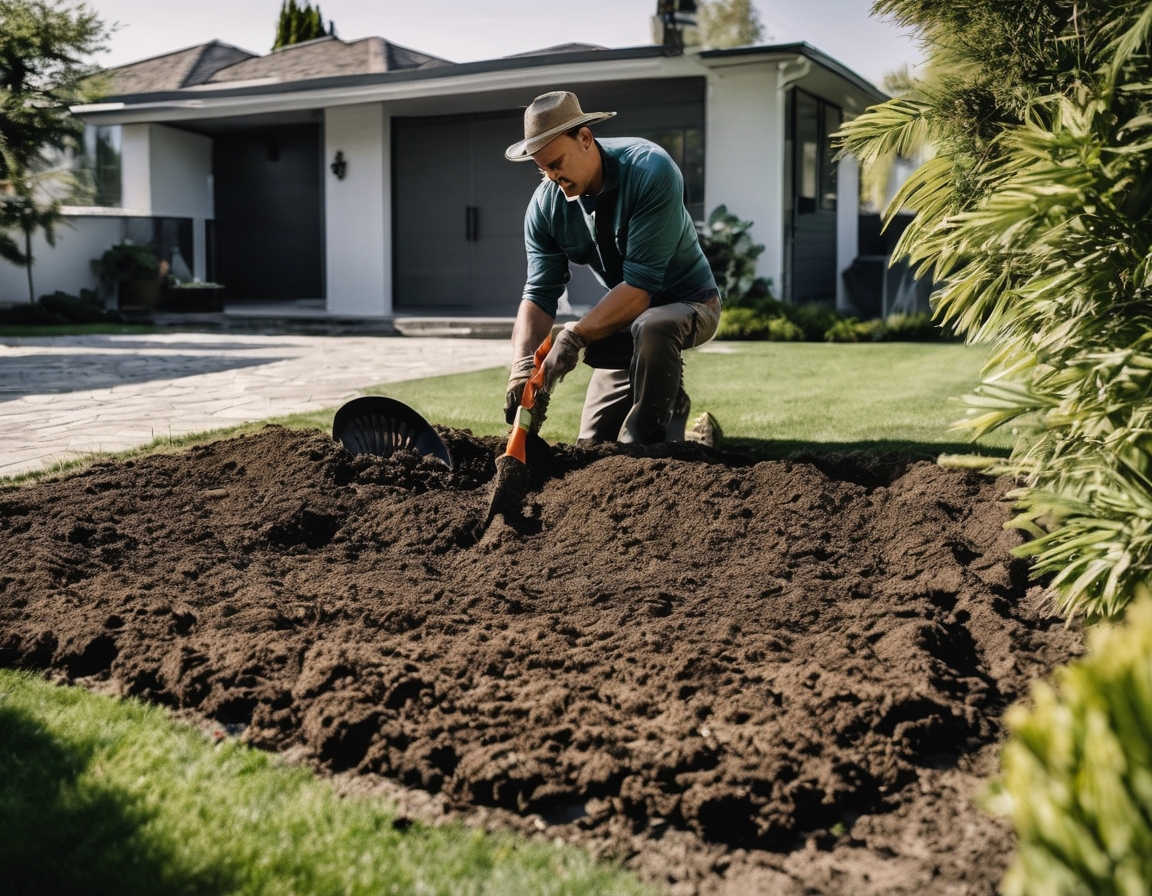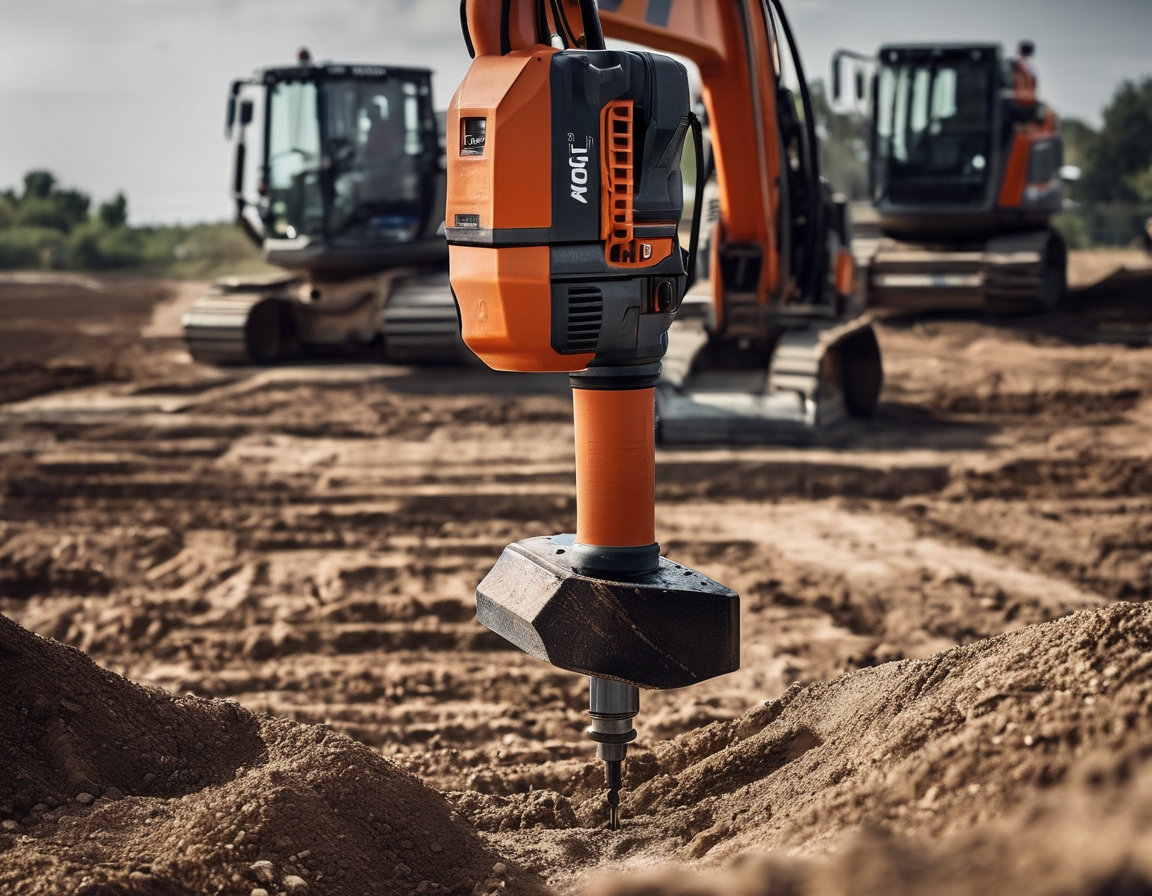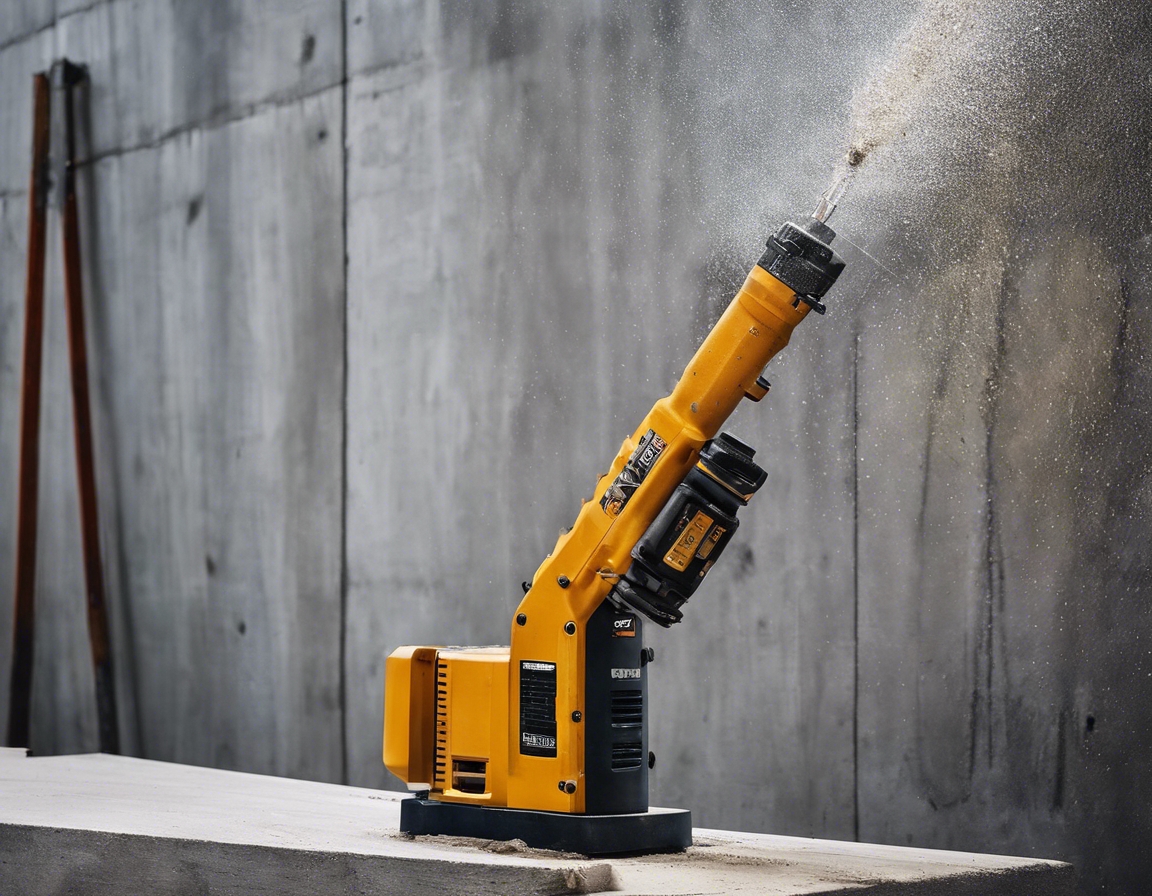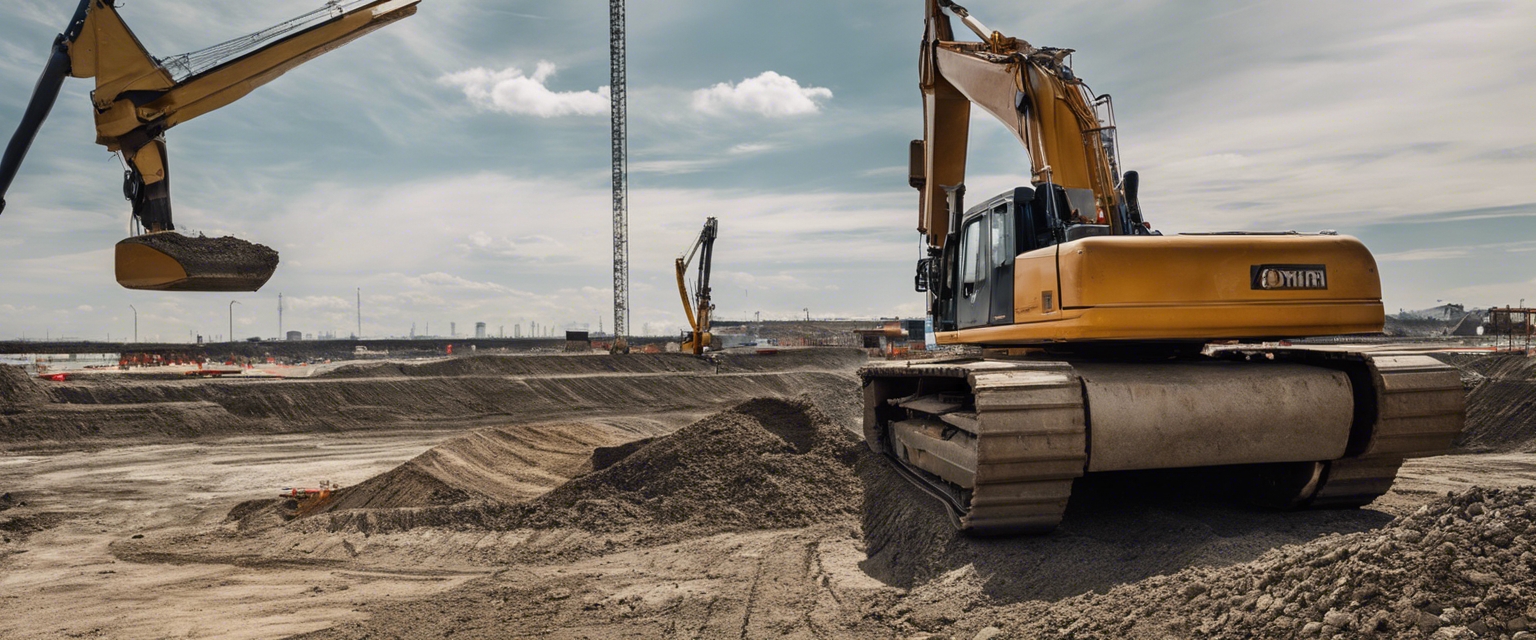The importance of precision in diamond drilling
Diamond drilling is a cutting-edge technique used in the construction industry to create precise holes and openings in various materials, including concrete, stone, and asphalt. This method employs a rotary drill with a diamond-tipped core bit, which is renowned for its ability to cut through the toughest materials with unparalleled accuracy. As construction projects become increasingly complex, the demand for precision in diamond drilling has never been more critical.
2. The Role of Precision in Construction Projects
Precision in diamond drilling is paramount to maintaining the structural integrity of a building. Accurate drilling ensures that the holes are perfectly aligned and sized, preventing any compromise to the building's framework. This is especially crucial in high-stakes projects such as skyscrapers and bridges, where even the slightest deviation can lead to catastrophic failures.
In the construction industry, material waste can significantly impact project costs and timelines. Precision drilling minimizes waste by ensuring that only the necessary material is removed, reducing the need for additional resources and cutting down on disposal costs. This efficiency not only saves money but also contributes to more sustainable construction practices.
Safety is a top priority in any construction project. Precision in diamond drilling reduces the risk of accidents by ensuring that the drilling process is controlled and predictable. Accurate drilling prevents unintended damage to surrounding structures and utilities, safeguarding workers and the public from potential hazards.
3. Advantages of Diamond Drilling
Diamond drilling is celebrated for its accuracy and efficiency. The diamond-tipped drill bits can cut through materials with minimal vibration, resulting in clean and precise holes. This precision reduces the need for additional finishing work, speeding up project timelines and reducing labor costs.
One of the standout features of diamond drilling is its versatility. It can be used in a wide range of applications, from creating small openings for plumbing and electrical installations to large-scale projects like tunnel construction. This adaptability makes it an invaluable tool for construction companies and developers.
Diamond drilling is an environmentally friendly option compared to traditional drilling methods. It produces less dust and noise, reducing the environmental impact on surrounding areas. Additionally, the precision of diamond drilling means less material waste, contributing to more sustainable construction practices.
4. Challenges in Achieving Precision
Achieving precision in diamond drilling requires state-of-the-art equipment and technology. The quality of the drill bits and machinery plays a crucial role in the accuracy of the drilling process. Regular maintenance and upgrades are essential to ensure optimal performance and precision.
Precision in diamond drilling is not solely dependent on equipment; it also requires a skilled workforce. Operators must be trained to handle the machinery with expertise and understand the nuances of different materials and project requirements. Investing in workforce training is vital for maintaining high standards of precision.
Effective project planning and execution are critical to achieving precision in diamond drilling. Detailed project plans that account for all variables, including material properties and environmental conditions, are essential. Collaboration between engineers, planners, and drill operators ensures that the drilling process is executed with precision and efficiency.
5. The Future of Precision in Diamond Drilling
As technology continues to advance, the future of precision in diamond drilling looks promising. Innovations in drill bit materials, automation, and data analytics are set to enhance accuracy and efficiency further. Construction companies that embrace these advancements will be well-positioned to meet the growing demand for precision in their projects.








Comments (0)